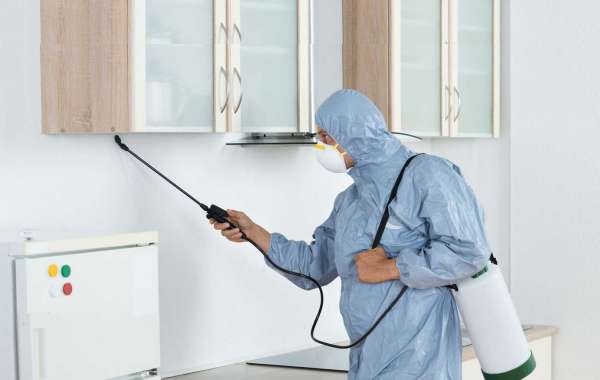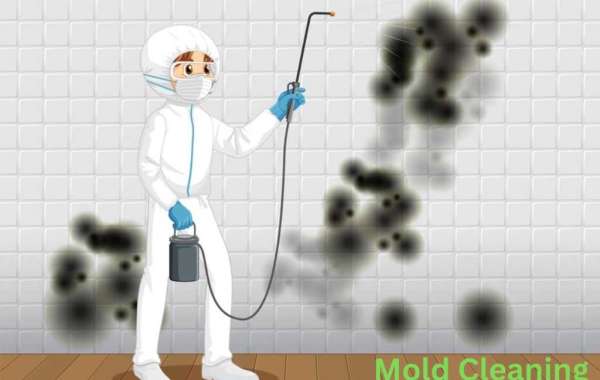Pest control is a topic that every homeowner should have on their radar. Whether you live in a bustling urban apartment or a serene countryside cottage, unwanted pests can find their way into your space. From ants and cockroaches to rodents and termites, these uninvited guests can quickly become a nuisance if left unchecked. In this comprehensive guide, we will explore effective strategies and tips for keeping your home pest-free.
Understanding Your Adversaries
Before diving into pest control methods, it's essential to understand your adversaries. Different pests have different habits, and knowing what you're up against can help you implement the most effective control measures. Common household pests include:
Ants: These tiny invaders can be a big headache, especially in the kitchen.
Cockroaches: Resilient and fast, cockroaches are masters of survival.
Rodents: Mice and rats are not only destructive but can also carry diseases.
Termites: Silent destroyers, termites can wreak havoc on your home's structure.
Preventative Measures
Prevention is often the best form of pest control. Start by sealing any cracks or gaps in your home's exterior to keep pests from entering. Properly store food in airtight containers, and fix any plumbing leaks that might attract pests looking for water sources. Regularly clean and declutter your living space to eliminate hiding spots for bugs and rodents.
Natural Pest Control
For those who prefer eco-friendly solutions, natural pest control methods can be highly effective. Consider these options:
Diatomaceous Earth: This natural powder is lethal to insects but harmless to humans and pets.
Neem Oil: Neem oil is a natural pesticide that can deter a wide range of pests.
Cedarwood: Cedarwood chips or oil can repel insects like moths and ants.
Chemical Pest Control
When faced with a severe infestation, chemical pest control may be necessary. However, it's crucial to use these products with caution and follow the instructions carefully. Some common chemical pest control methods include:
Insecticides: These are used to kill or repel insects and can be applied as sprays, dust, or baits.
Rodenticides: These are designed to eliminate rodents and should be placed strategically.
Termite Treatments: Professional termite treatments can protect your home from these destructive pests.
Calling in the Pros
Sometimes, the battle against pests requires professional reinforcements. Pest control experts have the knowledge and tools to tackle even the most stubborn infestations. Regular pest inspections and treatments can safeguard your home and provide peace of mind.
Maintaining a Pest-Free Home
Once you've successfully dealt with a pest issue, it's essential to maintain a pest-free environment. Regularly inspect your home for signs of pests, such as droppings, chewed wires, or damaged wood. Keep up with preventative measures to ensure your home remains a fortress against future invasions.
Conclusion: Taking Control of Your Space
In conclusion, pest control is not just about dealing with an immediate problem; it's about safeguarding your home and the health of your family. By understanding your adversaries, implementing preventative measures, and using the right pest control methods when needed, you can keep your living space free from unwanted intruders. Whether it's ants in the kitchen or termites in the walls, taking a proactive approach to pest control ensures that you remain in control of your space.
So, remember, when it comes to creating a pest-free environment, stay informed, stay vigilant, and stay in control.










